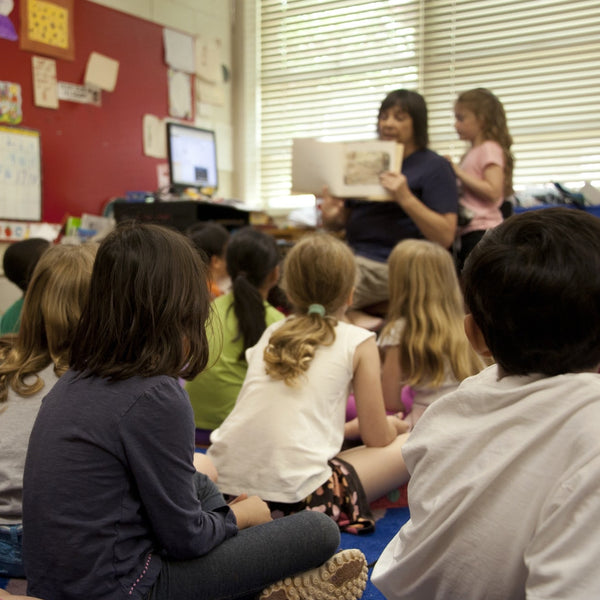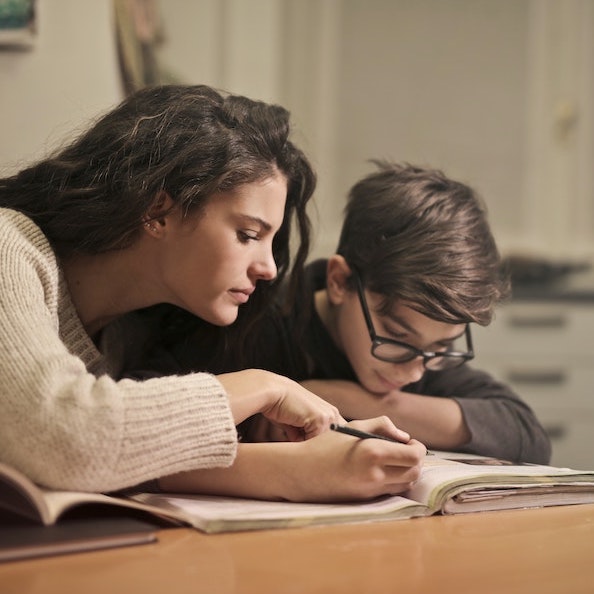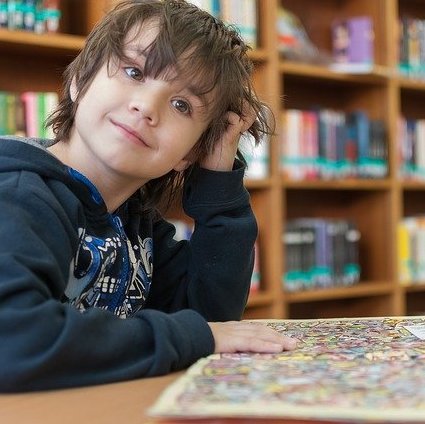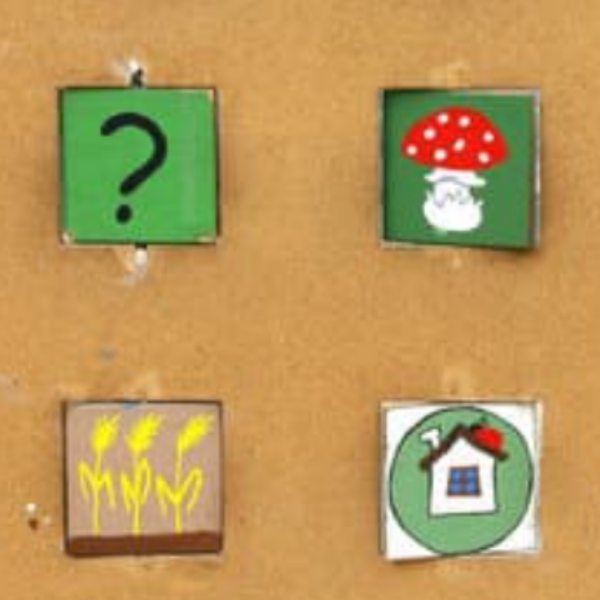Research -- StepUp to Learn
Researchers Find What Motivates Young Children to Learn
The study focused on how children’s knowledge level influences what information they find interesting. The findings suggest that children are not simply attracted to information by its novelty.
Not All Recess is Created Equal
With schools returning to full-time in-person classes this fall now is a good time to rethink, ‘How do we create schools that are more child-friendly?’
Taking Short Breaks May Help our Brains Learn New Skills
The resting brain repeatedly replays compressed memories of what was just practiced.
These Cognitive Exercises Help Children Boost Their Math Skills
Young children who practice visual working memory and reasoning tasks improve their math skills more than children who focus on spatial rotation exercises.
Youngest Children in Class Are More Likely to Be Diagnosed with a Learning Disability
Children born in December are almost twice as likely to be diagnosed with a learning disorder as those born in January.
Connecting the Dots Between Engagement and Learning
Changes in internal states -- such as arousal, attention, and engagement -- causes behavior changes and may help you quickly learn and master new skills.
Puzzle Play Helps Boost Math Skills
Researchers have found that children who played with puzzles at a young age later perform better on tasks utilizing spatial skills.
Paper Notebooks vs. Mobile Devices
Unique, complex information in analog methods likely gives brain more details to trigger memory.
New Experiences Enhance Learning by Resetting Key Brain Circuit
A study of spatial learning in mice shows that exposure to new experiences dampens established representations in the brain’s hippocampus and prefrontal cortex, allowing the mice to learn new navigation strategies.
Blink! The Link Between Aerobic Fitness and Cognition
Researchers have found evidence that spontaneous eye blink activity, which reflects activity in the dopaminergic system, explains the connection between fitness and cognitive function.
Scientists Identify Specific Brain Region and Circuits Controlling Attention
New research on our understanding of focus and impulse control, two different factors affecting attention.
How Our Brains Know When Something's Different
Scientists discovered how a set of high frequency brain waves may help us unconsciously know when something's different by comparing memories of the past with present experiences.












